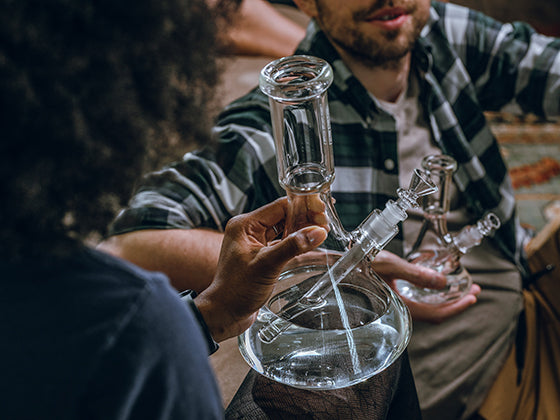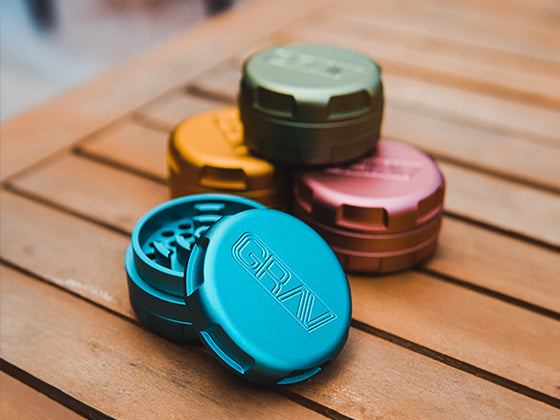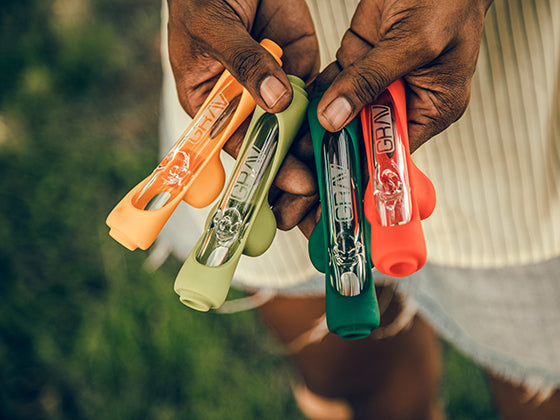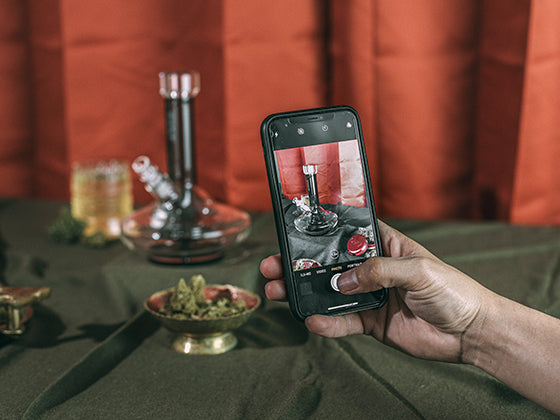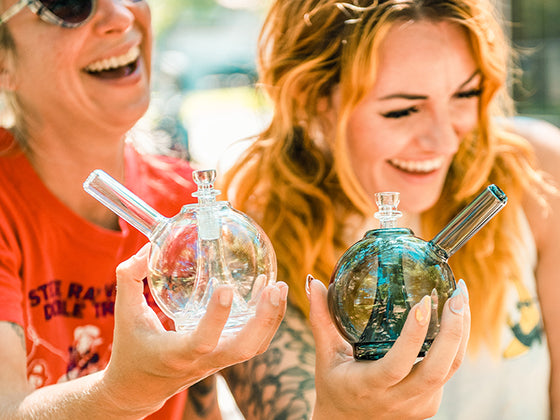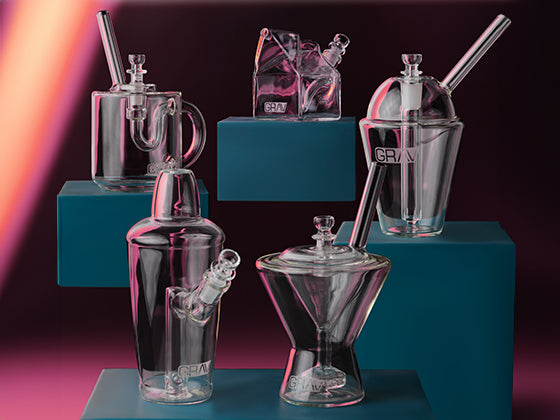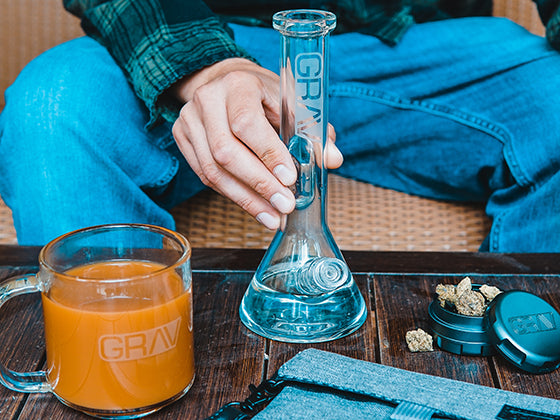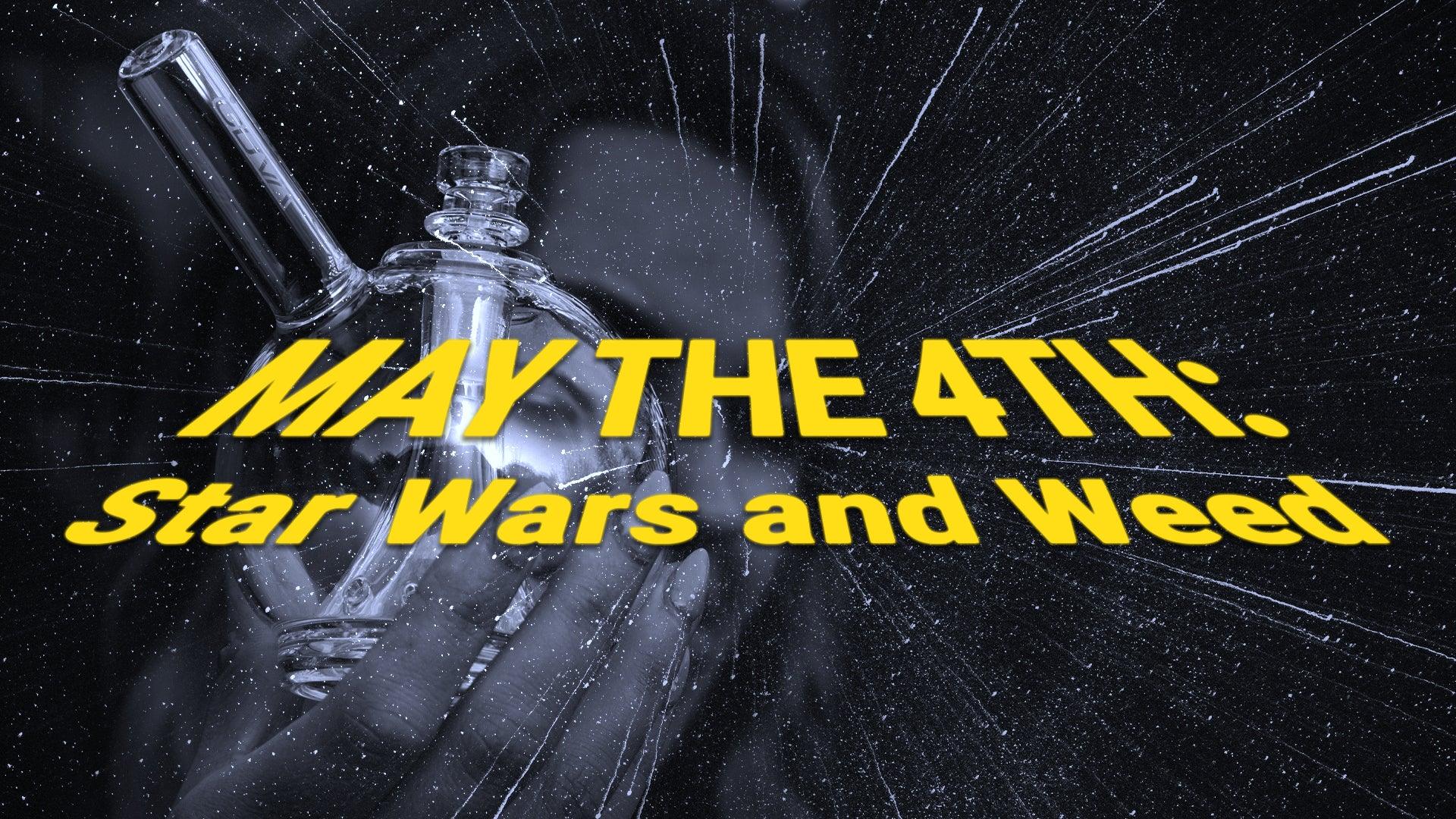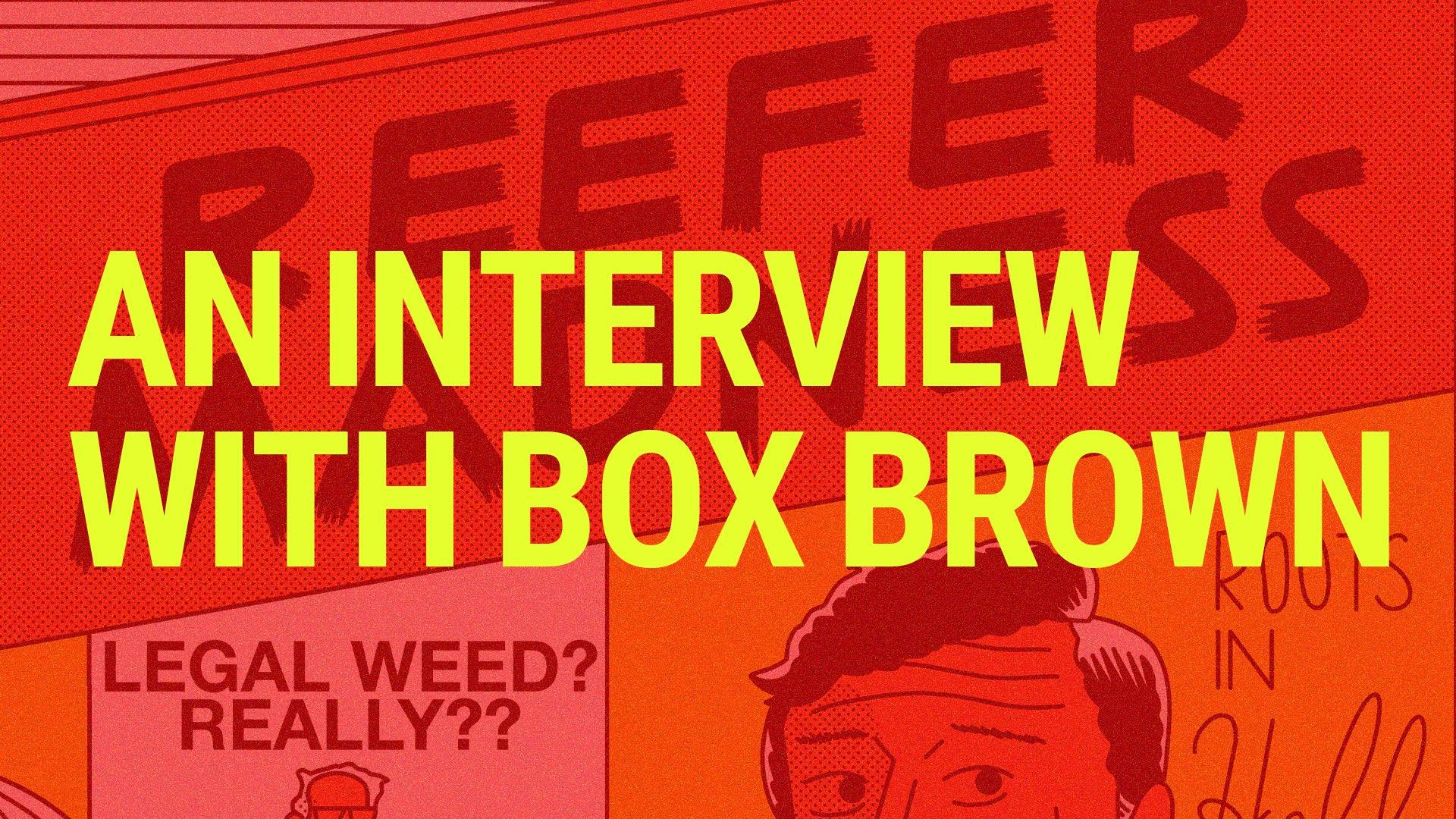The legendary date all stoners know - 4/20 is upon us. The day when smokers worldwide come together to celebrate cannabis culture. It's more than just a date on the calendar. A day to gather with friends, light up, and enjoy the many benefits of this fantastic plant.
But where did the term "4/20" come from? Who started it, and how did it become a big part of cannabis culture? In this article, we'll dive deep into the history of 4/20. Let’s explore its origins, evolution, and place in popular culture.
What is 4/20?
The term "4/20" has become synonymous with cannabis culture, but where did it come from? Legend has it that in 1971, a group of high school students in San Rafael, California, known as the "Waldos," would meet at 4:20 pm every day to smoke weed. They used "420" as a code to refer to their smoking sessions. As a result, the term "4/20" spread throughout California and eventually across the country.
As the Waldos graduated and went their separate ways, the term 4/20 didn't die out. Instead, it started to spread throughout California as more and more people picked up on it. By the early 1990s, 4/20 had become a popular term in the cannabis community, with smokers using it to refer to smoking weed in general.

As the term 4/20 continued to gain popularity, it eventually spread beyond California and across the United States. By the late 1990s, High Times magazine started using the phrase in its publications, helping to cement it as a part of cannabis culture.
From huge music festivals to small gatherings among friends, 4/20 has become a global phenomenon that shows no signs of slowing down.
In the next section, we'll look at how 4/20 has been portrayed in popular culture and how it has become a part of the cultural lexicon.

4/20: A Day of Unity and Empowerment
420 is more than just a day of smoking and relaxation. It has become a symbol of unity and empowerment for people across the globe. The festivities of 420 bring together people from all walks of life who share a common love for marijuana and a desire to celebrate the plant's cultural significance.
But 420 is more than just a celebration of weed. It's also a day of empowerment, especially for historically marginalized and discriminated against. By coming together on 420, individuals can stand in solidarity with others who share their beliefs and values and collectively challenge the status quo. This can be especially powerful for those who use marijuana for medicinal purposes, who may have faced scrutiny and judgment.
420 in Popular Culture
Over the years, 420 has been referenced in movies, TV shows, music, and more, becoming a popular cultural reference. From stoner comedies like "Half Baked" and "Pineapple Express" to dramas like "Traffic," these movies depict the humorous and lighthearted side of cannabis culture.
All of these examples have characters coming together to smoke and have fun. In music, artists like Bob Marley and Snoop Dogg have embraced 420 as part of their persona, using it to connect with their audience and show their support for cannabis culture.
In television, shows like "Weeds" and "Disjointed" have helped popularize 420 in popular culture.
Moreover, 420 has become a part of the cultural lexicon. From references in memes and social media posts to slogans on t-shirts and hats, 420 has become a symbol of cannabis culture recognized around the world.
The Future of 420
As 420 continues to gain popularity, many wonder what the future holds for this iconic day. With more and more states legalizing cannabis, the number of people celebrating 420 will only grow. The rise of cannabis tourism and the increasing acceptance of cannabis culture in mainstream society has 420 poised to become an even bigger global.
This increased popularity also comes with some challenges. Some worry that April 20th could become too commercialized, losing the grassroots spirit that made it famous. Others fear that it could become too mainstream, losing its counter-cultural edge. Despite these concerns, there's no denying the impact that 420 has had on cannabis culture. The holiday has brought people together, sparked essential conversations about drug policy, and helped to break down stereotypes about cannabis users.

420 and Social Justice
While 420 has become a fun and lighthearted celebration for many, it's important to remember the social justice issues intertwined with cannabis culture. For decades, cannabis has been criminalized and used as a tool for oppression, particularly against communities of color. For example, Black Americans are almost four times more likely to be arrested for cannabis possession than White Americans, despite similar usage rates.
In recent years, there has been a growing awareness of the racial and social justice issues surrounding cannabis. As a result, many activists and organizations are working to dismantle the systems of oppression created through the War on Drugs, and create a more equitable and just cannabis industry.

Celebrating 4/20
Now that we've delved into the rich history, social justice issues, and sustainability concerns surrounding 4/20, let's explore ways to celebrate this iconic day in the best ways possible.
There are many ways to enjoy this holiday. Whether you prefer to gather with friends and enjoy a joint or bowl, consume edibles, or attend a 4/20 event in your city.
Looking for some ideas to elevate your celebration? Here are a few suggestions:
• Plan a cannabis-themed movie or TV show marathon• Host a virtual smoke sesh with friends who live far away
• Try a new strain or product that you've never experienced before
• Attend a large gathering of cannabis enthusiasts
• Whip up a cannabis-infused meal or treat to enjoy with friends
• Meditate or practice yoga while consuming cannabis to connect with your mind and body
Cheers to cannabis culture and all the enjoyment, freedom, and rebellion it represents! Let's light up and join the party with a sense of history and awareness of the day. The culture around 4/20 has evolved into a significant day in cannabis culture with a rich and ongoing story.
Cannabis culture promotes acceptance and inclusivity, creating a space for individuals to be themselves without fear of judgment or discrimination. By celebrating this day, we also celebrate tolerance and open-mindedness.
So, let's raise a joint to celebrate 420, not just for the plant itself, but for the unity and empowerment it brings to all who celebrate.

